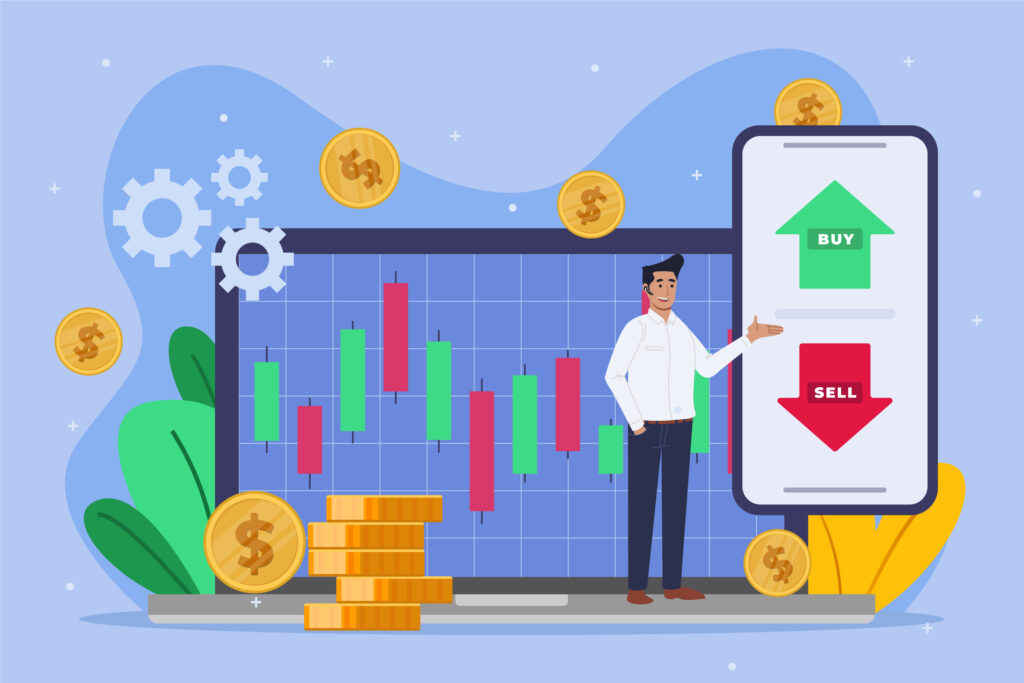Traders pay attention to economic indicators such as GDP growth, inflation rates, interest rates, employment data, and consumer sentiment. These indicators can provide insight into the overall health of the economy and influence market sentiment.

- Market Opening Time: Understand the specific time when the trading market opens, as it varies based on the stock exchange and region.
- Pre-Market Activity: Keep an eye on pre-market trading to gauge the sentiment and potential direction of the market before it officially opens.
- Economic Indicators: Stay updated on key economic indicators such as GDP, inflation, employment data, and central bank decisions that can influence market sentiment.
- Company News: Monitor relevant news about companies you’re interested in trading, including earnings reports, mergers, acquisitions, and major product launches.
- Global Events: Be aware of significant global events, such as geopolitical developments, trade agreements, and natural disasters, which can impact the market.
- Technical Analysis: Utilize technical analysis tools and indicators to identify potential trading opportunities and set price targets or stop-loss levels.
- Sector Performance: Analyze the performance of different sectors to identify areas of strength or weakness, as this can guide your investment decisions.
- Market Trends: Identify and track prevailing market trends, such as bullish or bearish sentiments, to adjust your trading strategy accordingly.
- Volatility Factors: Understand the factors that may contribute to market volatility, such as earnings announcements, policy changes, or unexpected news events.
- Risk Management: Develop a robust risk management strategy to protect your investments, including setting stop-loss orders, diversifying your portfolio, and managing position sizes.

Corporate earnings: Companies typically release their earnings reports before the market opens or after the market closes. These reports can significantly impact the stock prices of individual companies and sometimes influence the broader market.
News and events: Traders stay updated on relevant news, both globally and within specific industries. Events like geopolitical developments, policy changes, natural disasters, and significant corporate announcements can affect market sentiment and specific stocks or sectors.
Pre-market activity: Traders often monitor pre-market trading activity, which refers to trading that occurs before the official market open. Pre-market trading can provide insights into investor sentiment and potential price movements at the market open.
Overnight developments: Global markets operate in different time zones, and significant overnight developments, such as news or events in other countries, can influence market sentiment when it opens. Traders may consider international markets and news to gauge the potential impact on their local markets.
Technical analysis: Traders use various technical analysis tools and indicators to assess price patterns, support and resistance levels, and market trends. These tools help traders make informed decisions about buying, selling, or holding positions.




